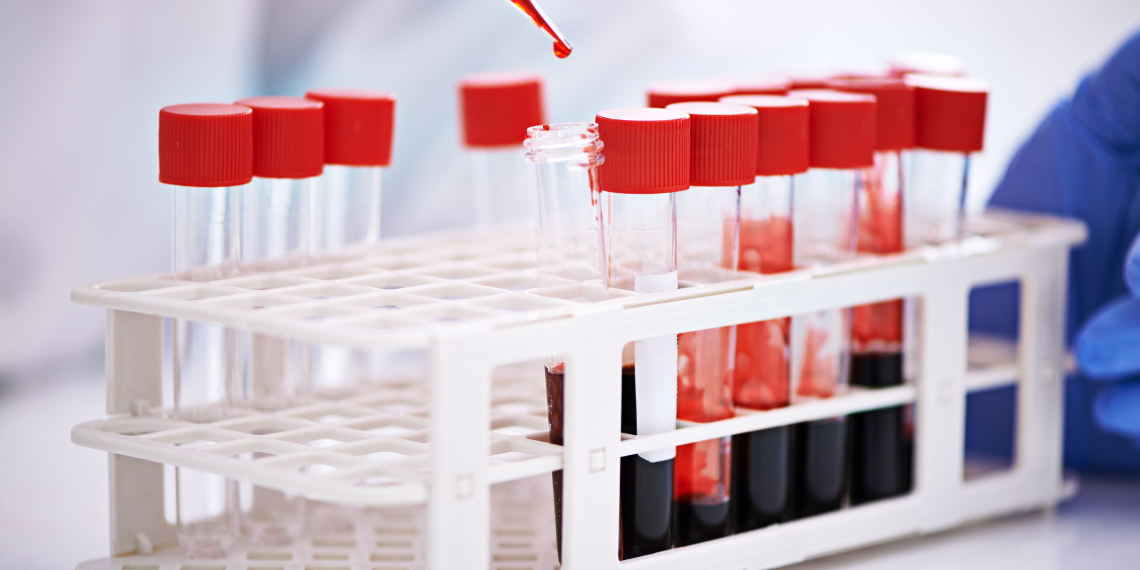
From Watching Forensic Shows to the Lab: Molecular Biology and Genetics Grad Shares His Journey to a Career in Forensic Biology
I wrote a profile on Matt Marchment, a forensic biologist at the Centre of Forensic Sciences in Toronto, an independent provincial lab and a graduate of the University of Guelph’s MBG program, for the College of Biological Science’s website and social media.
Read my profile below ↓
Matt Marchment (BSc '19) was inspired to pursue a career in forensics by watching forensic and crime shows growing up.
"I think it goes back to watching TV shows like NCIS and CSI and seeing the technicians in the field," he says. "It's not exactly what I do now, but the idea of the work intrigued me."
Now a forensic biologist at the Centre of Forensic Sciences in Toronto, an independent provincial lab within the Ministry of the Solicitor General, Marchment works in the Laboratory Support Services section analyzing forensic samples submitted by official investigative agencies (police, coroner, pathologists), such as swabs or articles of clothing.
This process involves extracting the DNA from the evidence, quantifying the amount of DNA available, amplifying specific parts of the genome and then separating it for analysis. Profiles are reviewed and then sent to scientists for interpretation and reporting. As an independent lab, Marchment's role is only to complete the analysis of samples, allowing scientists to interpret and provide independent expert testimony, not to prove whether someone has committed a crime or not.
"DNA can be found in many places, from many sources. Sometimes, we get great results from a sample; sometimes, we don't. We're just there to report what we find," he says.
Outside of his full-time job, Marchment works as a part-time professor of Pre-Health Sciences at Georgian College in Barrie, where he teaches chemistry and physics.
Marchment began his post-secondary studies in the Biotechnology - Advanced program at Fleming College. Through a University of Guelph-Fleming pathway agreement, he was accepted into the Molecular Biology and Genetics program and received credit for the courses he had already completed. "I liked the layout of the courses, and the experiences offered, so getting into U of G was really exciting," he says.
One of Marchment's favourite courses at U of G was Applied Molecular Genetics in Medicine and Biotechnology (MBG*4240), taught by Dr. Monica Antenos. This course provided an overview of many of the technologies used in molecular biology. "It opened my eyes to the different applications that exist, as well as the developed and developing technologies. She taught it amazingly and with high energy, which resonated with me. I took a lot from that course," he says.
In the summer after his third year, Marchment took a student role in the Genomics Facility, part of the Advanced Analysis Centre, a collection of research facilities in the Summerlee Science Complex focused on genomics, mass spectrometry, nuclear magnetic resonance, plant growth, and microscopy and imaging. He kept his role throughout his fourth year and was hired full-time after graduating from the Genomics Facility.
"I loved the experience that I gained in genomics under the guidance and mentorship of colleague Jeff Gross, where I could develop those advanced techniques and knowledge that complemented the skills I had gained in my undergrad studies and labs," he says.
Marchment applied for a forensic biologist position a few years later and successfully secured the role.
The extensive hands-on lab experience he gained during the MBG program has helped him tremendously in his career. "I'm always in the lab, so having those hands-on skills to practice prepares you for dealing with casework samples," he says. "The lab experiences I had at U of G provided a foundation of knowledge for the work I do every day."
His advice to MBG students interested in a forensics career is to start preparing now. "Start looking at job postings early and identify the skills they're looking for so you can develop them while you're in school or during the summers. That way, when you graduate, you'll have the skills to apply for those jobs."

